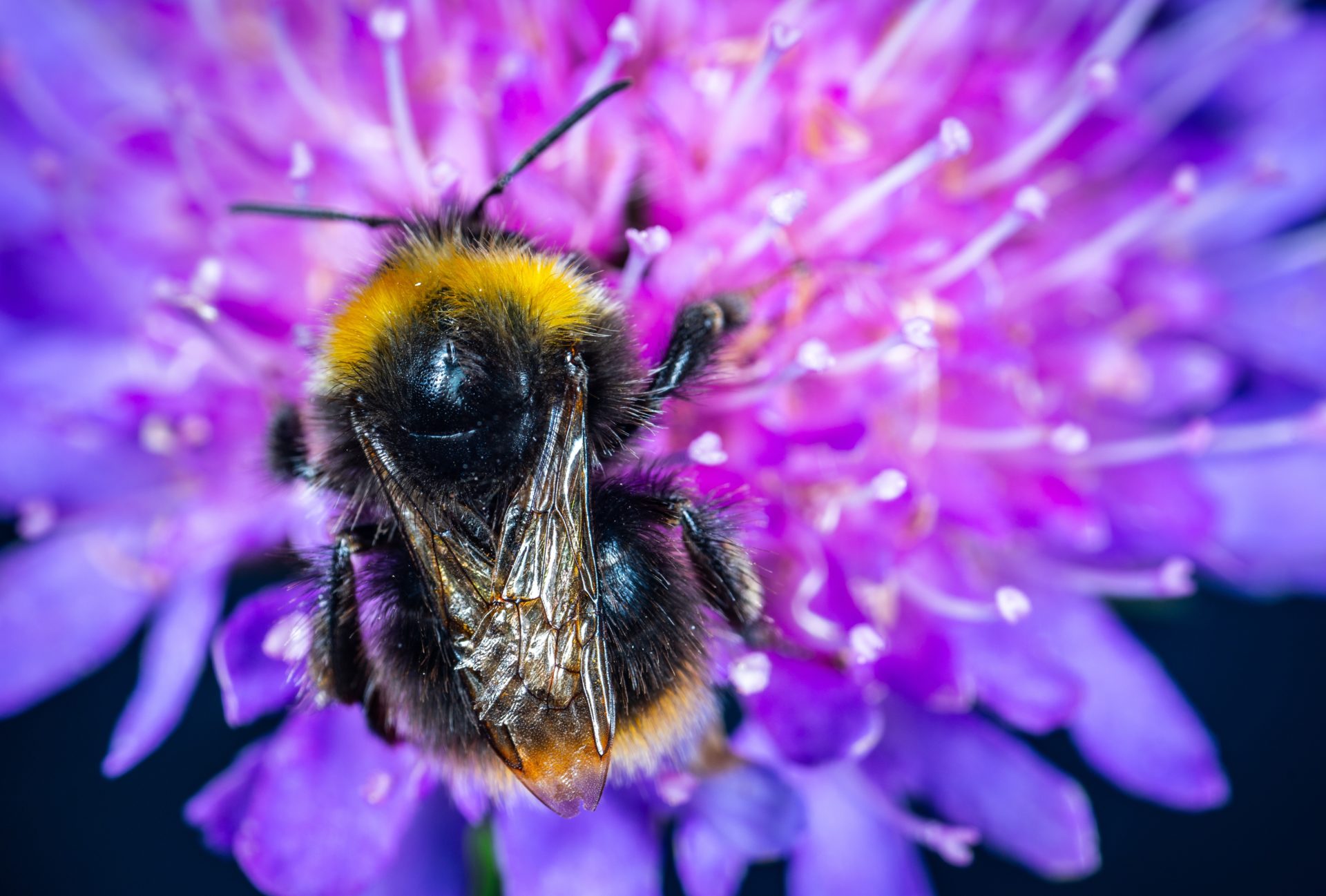Remember the days when a summer drive meant cleaning smears of insect bodies off the windshield at every stop?
Now, think about last summer’s drives. Hmm, no windshields covered in tiny corpses.
Insects populations worldwide are crashing and a new study has confirmed that the major culprits are loss of habitat due to intensive agriculture and urbanization, pollution from synthetic pesticides and fertilizers and climate change
The study, published in the journal Biological Conservation, found that 40 per cent of the world’s insect species are threatened with extinction.
In the face of such a potential catastrophe, the authors are calling for an urgent reform of global agriculture and a drastic reduction in the amounts of chemicals — particularly pesticides — used on food crops.
“The conclusion is clear: unless we change our ways of producing food, insects as a whole will fast go down the path of extinction,” the scientists said.
“Insects constitute the structural and functional base of many of the world’s ecosystems,” lead author Francisco Sanchez-Bayo said in a news release.
Losses of insect biomass inevitably leads to starvation of other animals, reducing reproduction and compromising their chances of survival, according to the scientists
“If species losses cannot be halted, this will have catastrophic consequences for both the planet’s ecosystems and for the survival of mankind,” Sanchez-Bayo said.
The study calls for a rethinking of current agricultural practices and, in particular, a serious reduction in pesticide usage and substitution with more sustainable, ecologically based practices.
Neonics kill bees: studies
Studies have concluded that neonicotinoids, colloquially known as neonics, are responsible for killing bees, with a study in the journal Science finding neonics in 75 per cent of honey samples collected from around the world, while a Canadian study showed neonics killed honey bees near corn crops.
The growing evidence of harm done by the pesticides pushed the European Union into voting in April 2018 for a complete and permanent ban on all outdoor uses of the use of the three main neonics — imidacloprid, clothianidin and thiamethoxam — by the end of 2018.
But insects rarely respect borders and, as many other governments failed to follow the EU lead, an open letter from 242 scientists around the world in June last year called for global action.
‘Compounding delays’ in Canada
However, Canada is dragging its feet on coming up with a final decision to ban neonics even though alarm bells have been ringing since 2012, said Lisa Gue, senior researcher at the David Suzuki Foundation.
“It’s a sad story of compounding delays and multiple overlapping reviews,” she said.
Pesticides in Canada are regulated by the Pest Management Regulatory Agency and, under a complicated process, the government has announced it plans to phase out neonics over three to five years, but details of the process and extent of the ban, will not be announced until the end of 2019.
Farmers are hoping that any ban will be phased in to allow for research on safer insecticides and that certain uses will continue to be permitted.
But Gue finds the delay incomprehensible given the risks to insects, especially as Health Canada concluded two years ago that neonics presented an unacceptable risk.
“Then, when we get a final decision, we could be waiting for five years before use of these chemicals finally comes to an end,” Gue said, comparing Canada’s reaction to the EU’s rapidly enacted ban.
“In the meantime they continue to be one of the most widely used insecticides in Canada and they are accumulating in the environment.”
A particular concern is the practice of seed coating, used extensively for canola, corn seed and soybeans, meaning the chemicals affect the whole plant, including pollen, said Gue, adding that neonics are often used as a prophylactic against possible insect infestations instead of treatment for a specific problem.
‘A reasonable compromise’
Jeremy Kerr, University of Ottawa ecologist and biology professor, and one of the scientists who signed the open letter asking for action, said in an emailed response to questions from The Narwhal that he believes Canada’s cautious approach is a reasonable compromise.
“Producers want an orderly transition to less harmful alternatives. . . . The intent here is, in no way, to make the lives of farmers and their families harder,” he said.
The delay means that neonicotinoid effects on pollinators are going to persist longer and that is risky, but it is unlikely to be “unbearable,” Kerr said.
“Pollinators are in trouble for many reasons and pesticides are just one in a list. Climate change looms large and presents an immediate existential threat for many species, like bumblebees, as does habitat loss,” he said.
“Intensive land uses and heavy pesticide use probably represent threat multipliers in the presence of climate change. Pollinators have a worrisome future indeed if humanity does not decide to address climate change.”

